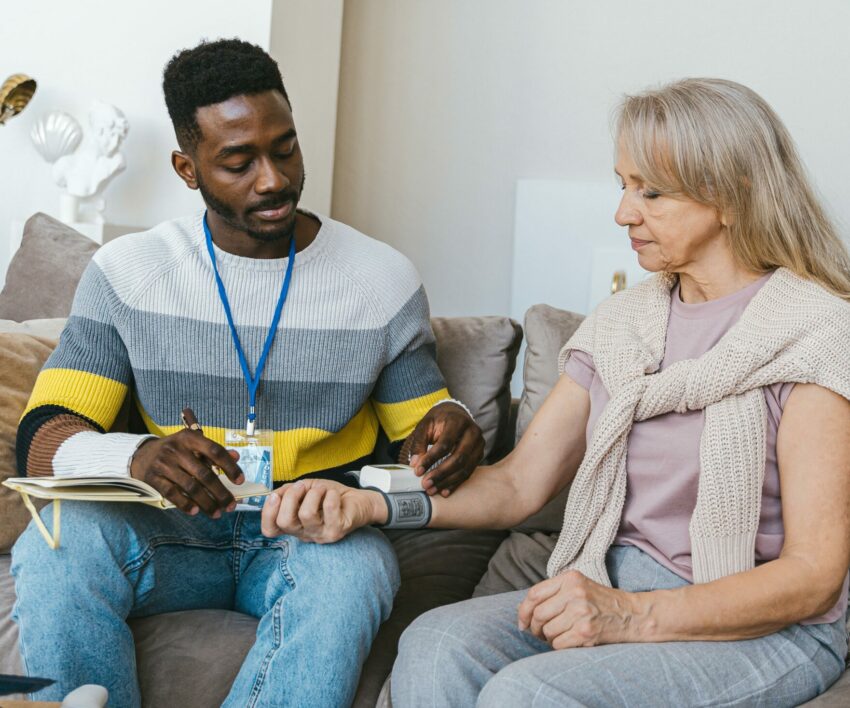
When we think of hospice or palliative care, many imagine cold hospital rooms and silent corridors, but that couldn’t be further from the truth. Hospice Week, observed annually in South Africa in early May, shines a light on the compassionate, deeply human support offered to those with life-limiting illnesses and their families.
Palliative care isn’t about giving up—it’s about living with dignity, comfort, and connection, even in the face of serious illness. According to the Association of Palliative Care Centres, over 100 hospices around the country provide this kind of care, often at little to no cost to patients. The goal is to manage pain and symptoms while offering emotional, spiritual, and psychosocial support that respects each person’s unique journey, states the above source.
Imagine a grandmother spending her final days not in a hospital ward, but at home, surrounded by familiar smells, photos of her family, and the laughter of visiting grandkids. That’s the essence of palliative care—comfort, not just clinically, but emotionally too. The World Health Organisation underscores that early integration of palliative services improves the quality of life and even supports families long after a loved one has passed.
In South Africa, where access to quality healthcare remains uneven, palliative care is an equaliser—meeting people where they are, with empathy and care that extends beyond medicine. From home visits to counselling and pain relief, the work of hospice teams is a reminder that compassion is just as vital as cure.
Hospice Week isn’t just a calendar event. It’s a prompt for all of us to reflect on how we care, how we comfort, and how we hold space for one another in life’s most vulnerable moments. Because sometimes, the greatest healing comes not from fixing—but from simply being there.
Also see: How diabetes in pregnancy can increase risk of ADHD and Autism in baby




